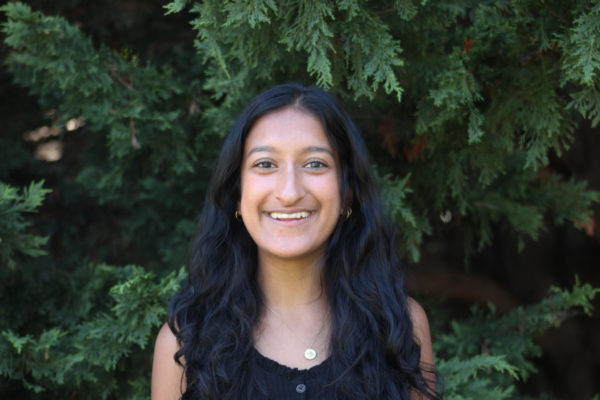By Maya Shah, Beats Editor
Recently, actions taken by students at Wellesley College, a prestigious private school in Massachusetts and part of the Seven Sisters, a group of selective liberal arts colleges that are historically all-women, show that when it comes to eliciting student voices, Conestoga has room to grow.
On March 14, around 90% of the Wellesley student body voted in favor of a gender inclusivity initiative that had previously been unanimously passed through the student government. According to The Wellesley News, this ballot included efforts to make language at the school more inclusive for transgender and nonbinary students. This includes allowing trans men and nonbinary students to apply and be accepted to the school, a shift from its traditionally all-female environment.
The students use the initiative to demonstrate to the administration how important this issue is to them and that, according to statements made by the College Government President in The Wellesley News, how many people believe in the cause. Although Wellesley still continues its efforts to achieve the level of inclusivity that its students desire, the issue offers a perfect example of why students’ voices are an important part of improving the educational experience.
By eliciting student opinions, administrations can do more than just understand a new point of view. As studied by Harvard Graduate School of Education faculty member, Gretchen Brion-Meisles, schools are more likely to create effective programs and policies when they involve students in the process. Like in the Wellesley case, giving students the tools to express their opinions democratically can uncover areas where schools need to make progress.
At Conestoga, students should be more heavily involved in these decision making processes. While students have the full ability to express any problems they observe, they are just as easily excluded from helping to craft the solutions. Even when students have the opportunity to participate, like in the district’s effort to engage the community through its Strategic Planning Committees in 2022, meetings were from 7-9 p.m., making them extremely hard for students to commit to and attend. Opportunities may be available, but it’s time to make them more accessible.
Critics of further including student voices often argue that educational decisions are best left to parents and administration due to their experience. However, when it comes to issues of identity or curriculum, no one is more directly affected than the students themselves. When administration is making decisions, they are not fully informed about an issue before asking students. By no means should students have the final say, but they should absolutely be more actively involved in the journey along the way.
Conestoga would do well to learn from the example set by Wellesley. Unlike the college, ’Stoga students have no way to effectively express their views as a collective. While we have strong representative bodies, such as student council and homeroom representatives, there is no voting system by which everyone can express their view points on a specific issue. As a result, the voice of the entire student body is only represented through a select few individuals instead of the group as a whole. This lack of power leaves us voiceless in the face of the administration’ decisions.
The solution, however, is not necessarily a straightforward one. To start, district administrators should more actively engage with students, whether through routine meetings or otherwise. These forums should be accessible for all students who wish to participate, allowing a truly diverse group of voices to be heard. Surveys can also give students the opportunity to express their voice without any major time commitment. This would allow for a more wide scale understanding of how students view an issue, as seen in Wellesley’s case.
Ultimately, students and administration have the same goal: to improve our community. It’s time students finally have more of a voice in this process.
Maya Shah can be reached at [email protected].

























































































